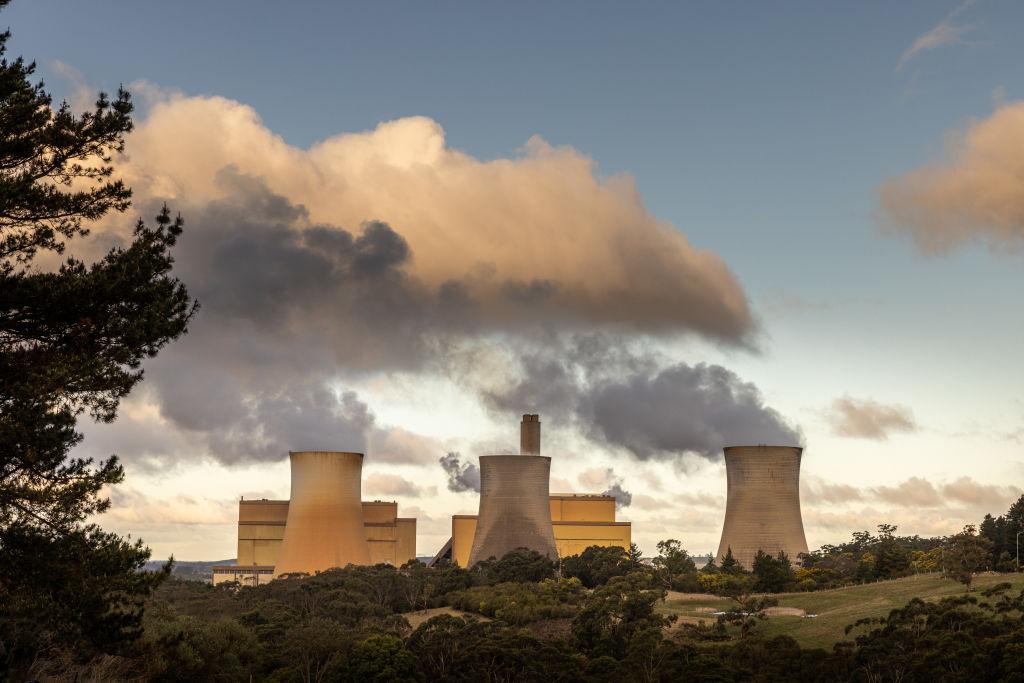Australian businesses, and especially the gas industry, will suffer under the climate safeguard mechanism, Shadow Foreign Affairs Minister Simon Birmingham has warned.
The safeguard mechanism, which was initiated by the centre-right Coalition but is being overhauled by the centre-left Labor, requires the 215 facilities that annually produce over 100,000 tonnes of greenhouse gases to limit their net emissions below a baseline limit.




